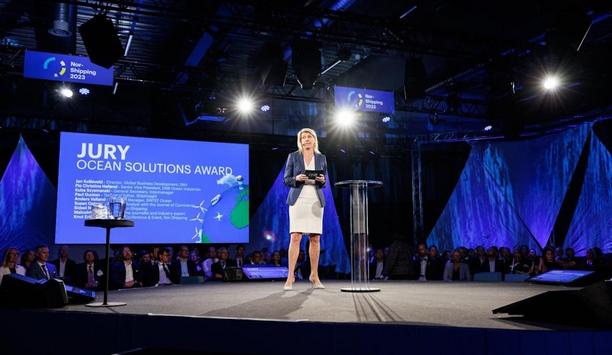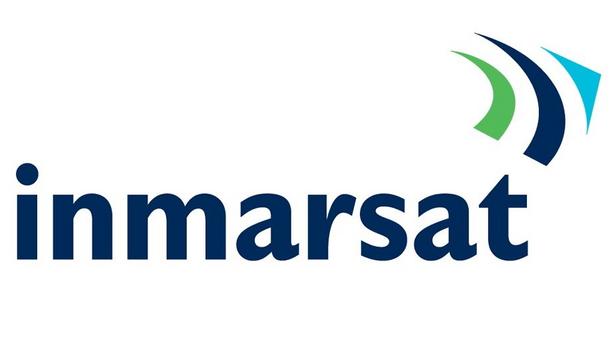ClassNK has issued an Approval in Principle (AiP) for the design of a floating offshore hydrogen production plant developed by the Japan Offshore Design & Engineering Platform Technology & Engineering Research Association (J-DeEP).
The amount of power generated by offshore wind turbines is likely affected by weather conditions, and surplus electricity may be generated when supply exceeds demand on land.
Production plant
The floating offshore hydrogen production plant developed by J-DeEP combines a seawater desalination system and a system to extract hydrogen from water through electrolysis. Using surplus electricity from an offshore wind turbine, the plant enables producing green hydrogen that does not emit CO2 during the production process. J-DeEP has been working on a feasibility study of the project to install the plant near offshore wind farms
In collaboration with Scottish Development International, J-DeEP has been working on a feasibility study of the project to install the plant near offshore wind farms off the coast of Scotland. The technical verification of the plant and the initial feasibility study on its commercialisation have been adopted as one of the "Feasibility studies for the overseas deployment of high-quality energy infrastructure” of Japan’s Ministry of Economy, Trade and Industry in 2021.
Safety evaluation
ClassNK conducted a safety evaluation on J-DeEP’s design of the plant in line with its rules and guidelines. Upon confirming that the design complied with the relevant requirements, ClassNK has issued AiP.
ClassNK will continue participating in innovative initiatives related to decarbonisation. By incorporating the expertise obtained from the collaborative work with frontrunners into its rules and guidelines, ClassNK will support the decarbonisation of the entire industry.










